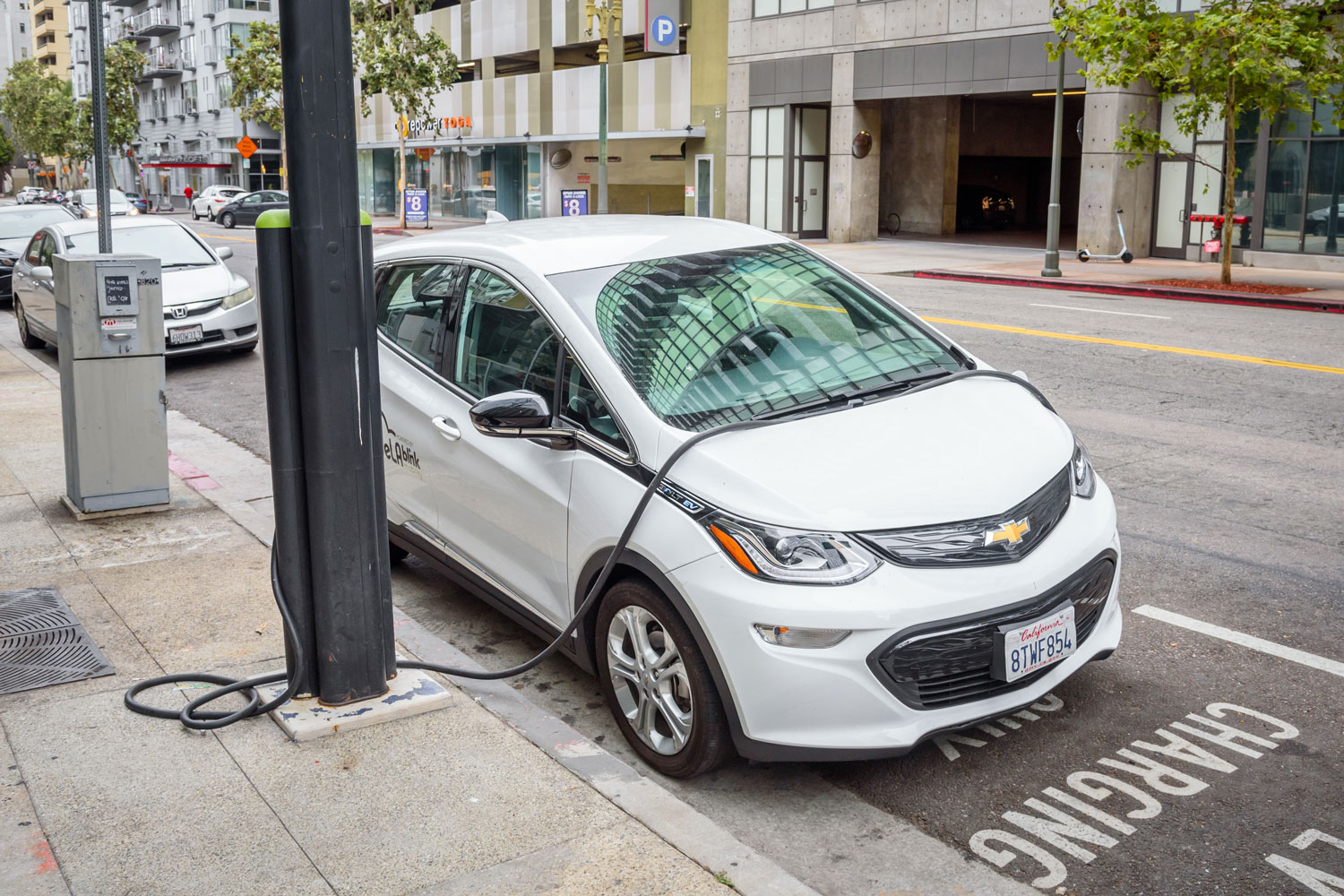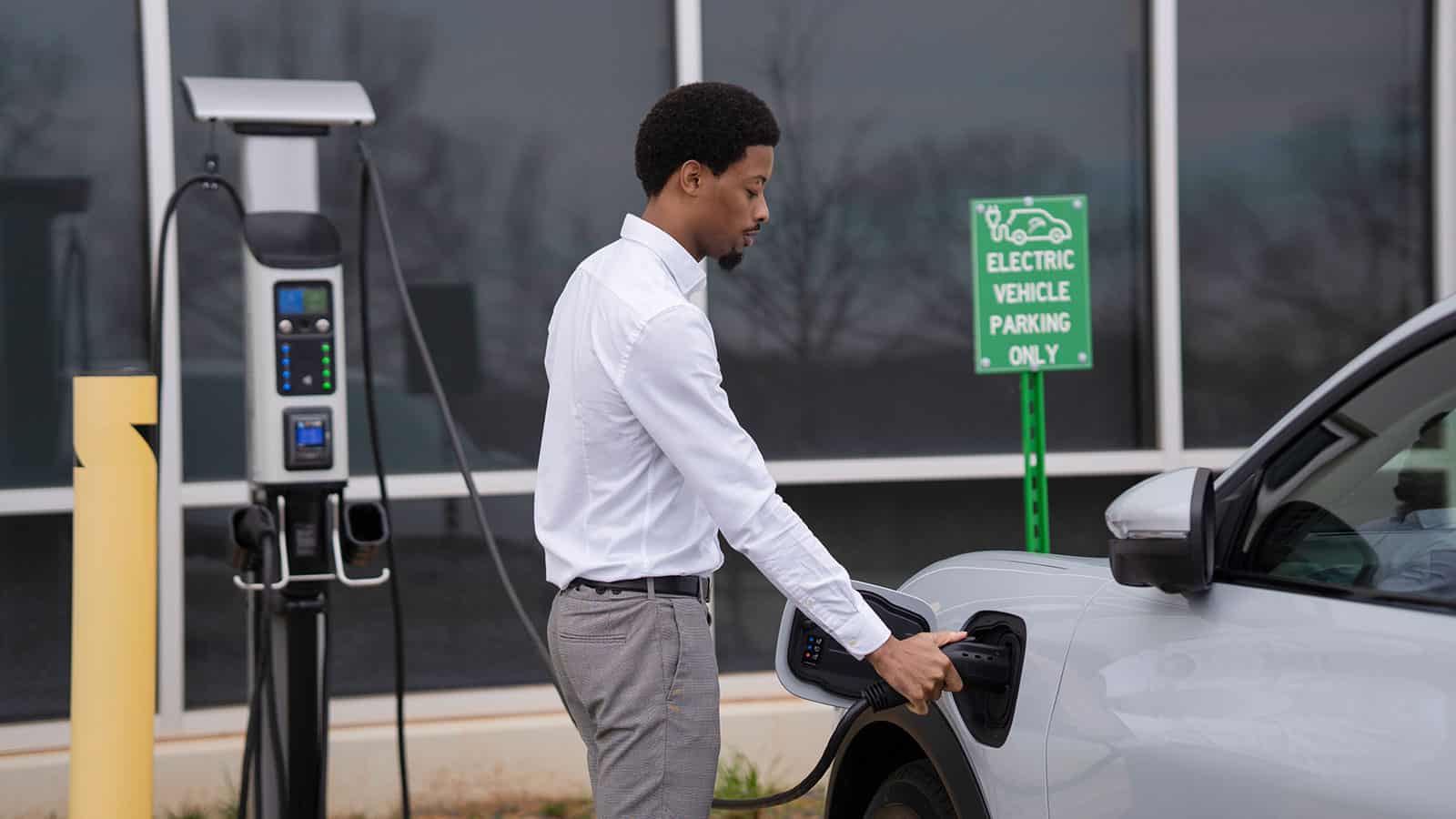Latest Trends and Insights You Need to Know Before You Buy EV Charging news
Latest Trends and Insights You Need to Know Before You Buy EV Charging news
Blog Article
Why 2024 Is a Game-Changer for EV Charging: Fads and Insights
As we approach 2024, the electrical vehicle (EV) billing landscape is set for considerable makeover, driven by the expansion of ultra-fast charging stations and developments in smart charging modern technologies. This advancement is underpinned by raising financial investments from both public and exclusive markets, which guarantee to minimize longstanding concerns such as array anxiousness. Additionally, the consolidation of renewable resource resources along with beneficial federal government plans is likely to redefine the sustainability and ease of access of EV infrastructure. These developments elevate essential inquiries regarding the future of EV adoption and the ramifications for markets and customers alike.

Growth of Ultra-Fast Charging Stations
Just how rapidly are ultra-fast charging terminals transforming the electrical car landscape? The spreading of ultra-fast charging stations is a crucial growth in the EV market, dramatically boosting the comfort and expediency of electric lorry possession. These stations, with the ability of supplying billing quicken to 350 kW, can recharge an EV's battery to about 80% in just 15-30 minutes, effectively decreasing range anxiety amongst consumers.
The growth of ultra-fast billing framework is being driven by both exclusive and public financial investments, mirroring a critical shift in the direction of sustainable transportation remedies. Major vehicle manufacturers and energy companies are collaborating to install these terminals along city centers and significant highways, developing an extensive network that supports long-distance traveling and daily use.
Moreover, developments in battery technology are matching this growth, enabling vehicles to maximize the boosted charging speeds. As the number of ultra-fast charging terminals remains to climb, they are anticipated to play a vital role in speeding up EV fostering, promoting a change towards a cleaner and more lasting future. This development not only improves customer experience but likewise strengthens the viability of electric automobiles as a mainstream transport option.
Developments in Smart Charging Innovation
With the raising integration of digital innovation in the electrical lorry sector, advancements in wise billing modern technology are considerably improving the performance and ease of EV charging. Smart charging systems leverage connectivity and data analytics to enhance the charging process, enabling individuals to bill their automobiles when power rates are lowest and demand on the grid is marginal.

Interoperability is one more critical improvement, as brand-new criteria and protocols allow different EV designs and billing terminals to connect flawlessly. This enhances user experience by offering much more easily accessible billing alternatives throughout numerous networks. Inevitably, the evolution of smart charging technology represents a significant step towards a more user-friendly and sustainable EV community, paving the way for broader adoption and assimilation right into life.
Assimilation of Renewable Resource Resources
The assimilation of renewable resource resources right into EV charging infrastructure is becoming increasingly important as the demand for lasting remedies expands. This pattern not only assists decrease the carbon footprint related to electrical vehicle billing but also boosts grid resilience by advertising decentralized energy manufacturing.
Solar and wind power are at the leading edge of this integration, with many billing stations now including solar panels or being constructed in distance to wind farms. These sustainable resources can produce clean electricity, giving a sustainable power supply for EVs. In addition, improvements in energy storage space technologies, such as batteries, promote the efficient storage space of excess energy created during optimal production hours, ensuring that billing stations can run efficiently even when eco-friendly generation is low.

Development of Charging Framework
As electric lorry (EV) adoption increases, the growth of billing facilities has actually ended up being a critical emphasis for stakeholders throughout the vehicle and power markets - EV Charging news. The demand for a robust and accessible billing network is vital to support the growing variety of EVs on the road and to ease range stress and anxiety amongst consumers
In 2024, we are experiencing substantial investments from both public entities and exclusive firms aimed at enhancing the charging landscape. This includes the installment of fast-charging terminals along freeways and in urban centers, which can recharge EVs in a fraction of the time compared to typical battery chargers. Additionally, partnerships between automakers and energy carriers are facilitating the deployment of innovative charging services to satisfy diverse consumer needs.
Furthermore, advancements in technology are bring about smarter billing systems that optimize energy circulation and decrease costs. The integration of these systems is important for accommodating the predicted boost popular as more customers shift to electric wheelchair. The growth of billing facilities not just sustains the EV market however also plays a vital duty in accomplishing broader sustainability goals, making it a pivotal element in the evolution of transport.
Federal Government Policies and Motivations
Federal government plans and motivations are increasingly shaping the landscape of electrical car (EV) adoption and billing facilities development. Federal governments around the world are recognizing the immediate requirement to transition to cleaner transportation options, resulting in the implementation of numerous initiatives focused on speeding up EV adoption. These plans typically include tax obligation credit ratings, discounts, and grants for customers and companies that spend click to read in electric vehicles and charging terminals.
In addition to route monetary motivations, numerous federal governments are establishing enthusiastic targets for EV sales and mandating the installation of billing infrastructure in new growths. Numerous nations have committed to phasing out internal combustion engine lorries within the next decade, developing a sense of urgency that drives both customers and suppliers toward electric choices.
Moreover, public-private partnerships are becoming a vital element of these initiatives, facilitating investment accountable networks and making certain widespread access. By lining up regulative structures with economic motivations, governments are not only fostering a favorable atmosphere for EV fostering yet additionally dealing with issues associated to vary anxiousness and billing availability. This robust plan landscape is established to make 2024 a critical year in the shift to electric flexibility.
Verdict
The year 2024 is established to change the electrical lorry billing landscape via the spreading of ultra-fast billing terminals, innovations in clever billing modern technologies, and the integration of renewable energy sources. The expansion of charging infrastructure, bolstered by helpful government plans and motivations, will certainly resolve variety anxiety and improve the charm of electrical automobile ownership. Jointly, these growths will certainly promote a available and sustainable environment for electrical car adoption, ensuring a durable future for the market.
As we approach 2024, read this post here the electrical car (EV) billing landscape is established for considerable transformation, driven by the spreading of ultra-fast charging stations and innovations in wise charging modern technologies. The expansion of ultra-fast billing stations is a pivotal advancement in the EV sector, dramatically improving the convenience and usefulness of electric lorry ownership. Clever charging modern technologies help with remote monitoring and administration, enabling individuals to schedule charging sessions using mobile applications.
Government plans and incentives are significantly shaping the landscape of electrical car (EV) fostering and billing infrastructure growth.The year 2024 is set to reinvent the electric vehicle billing landscape through the expansion of ultra-fast billing terminals, advancements in wise billing technologies, and the combination of eco-friendly energy sources.
Report this page